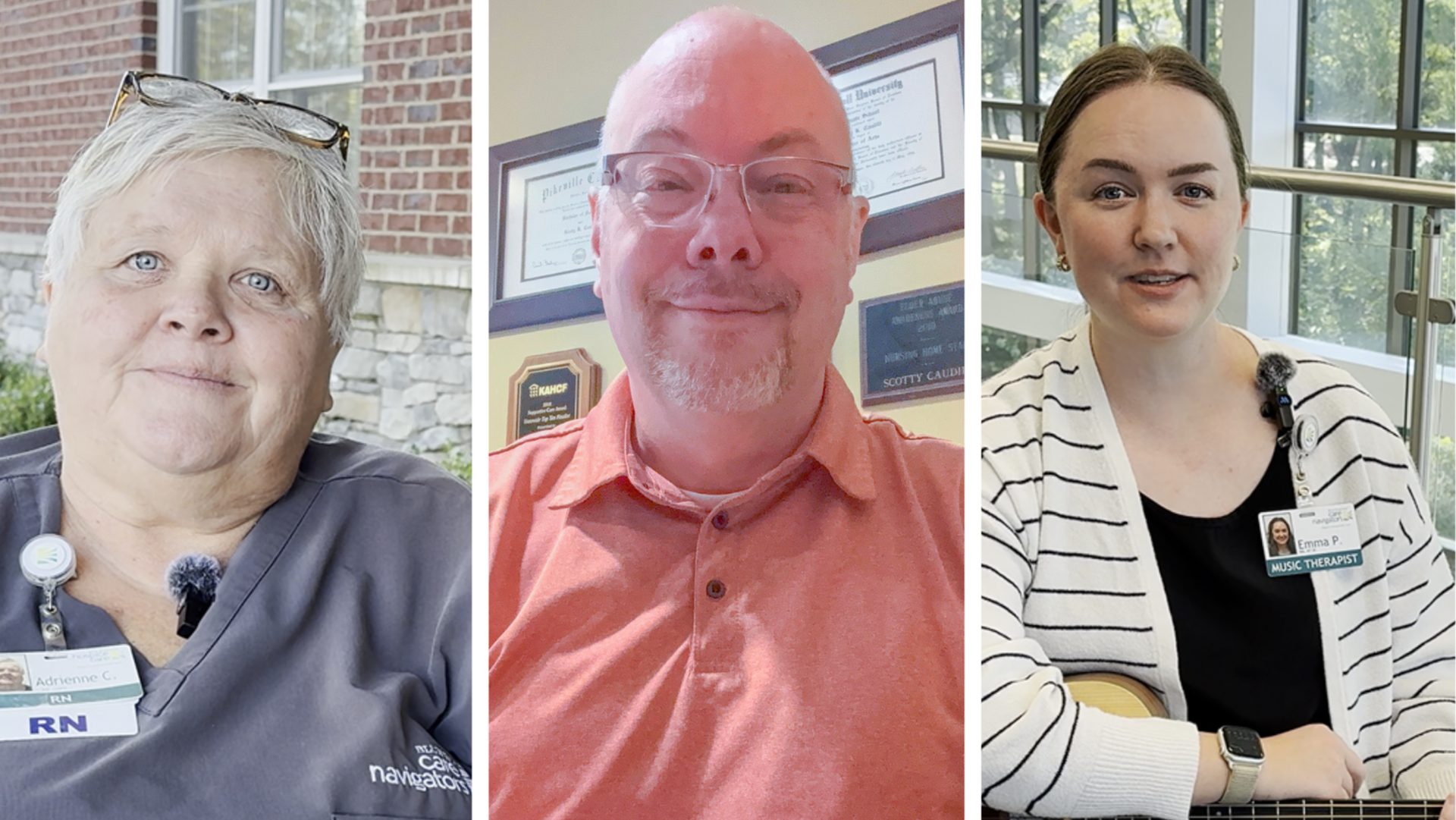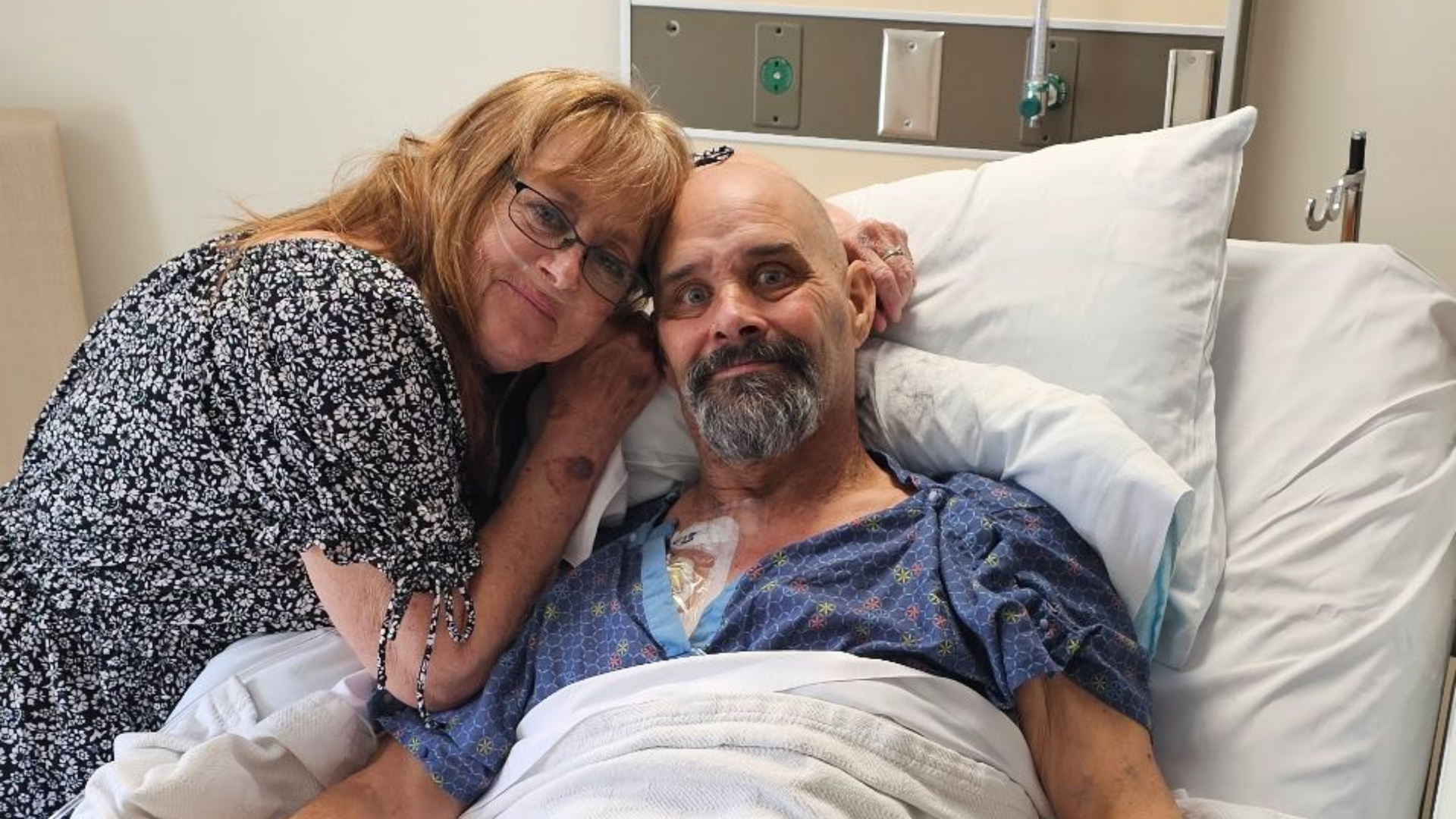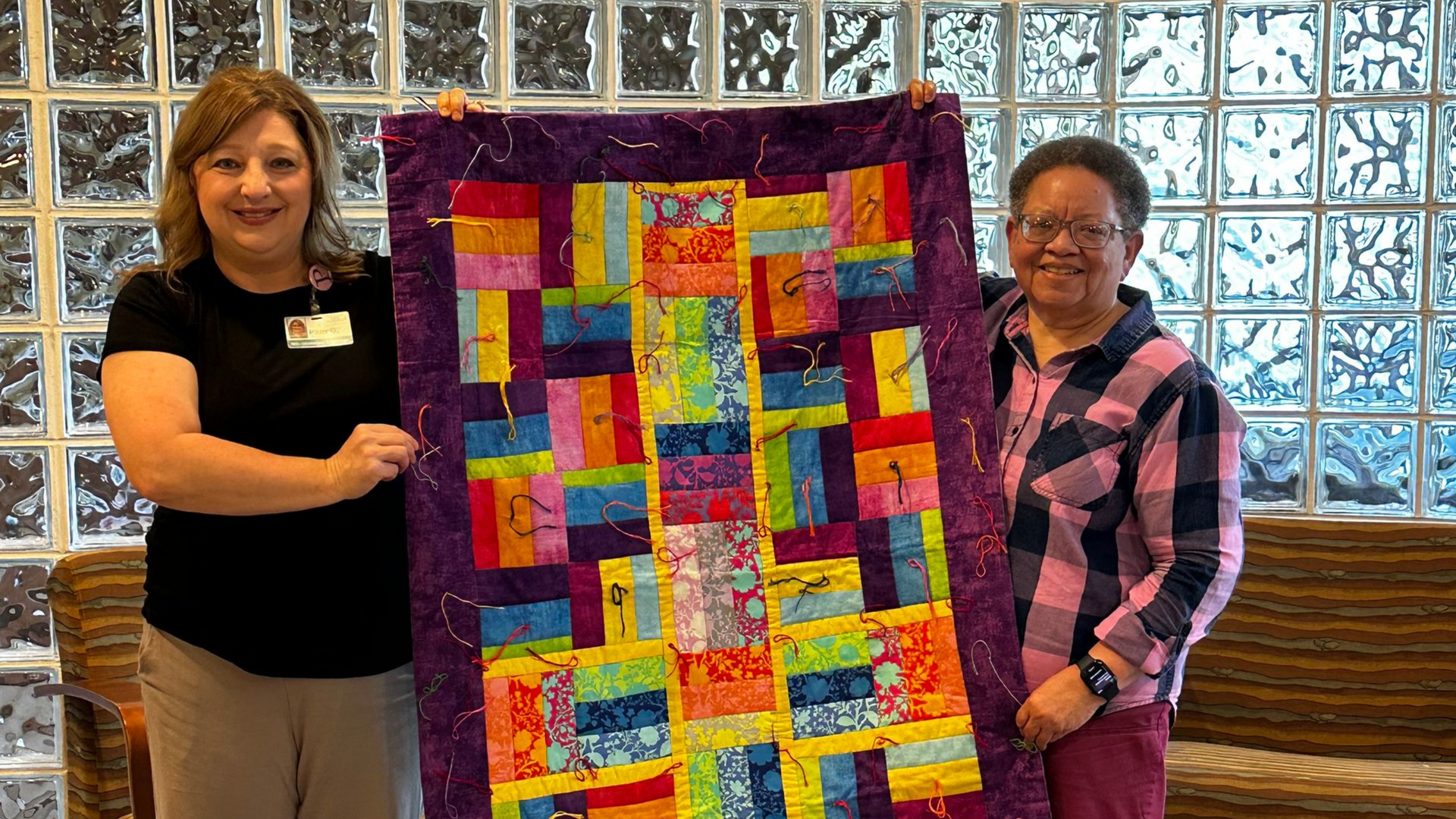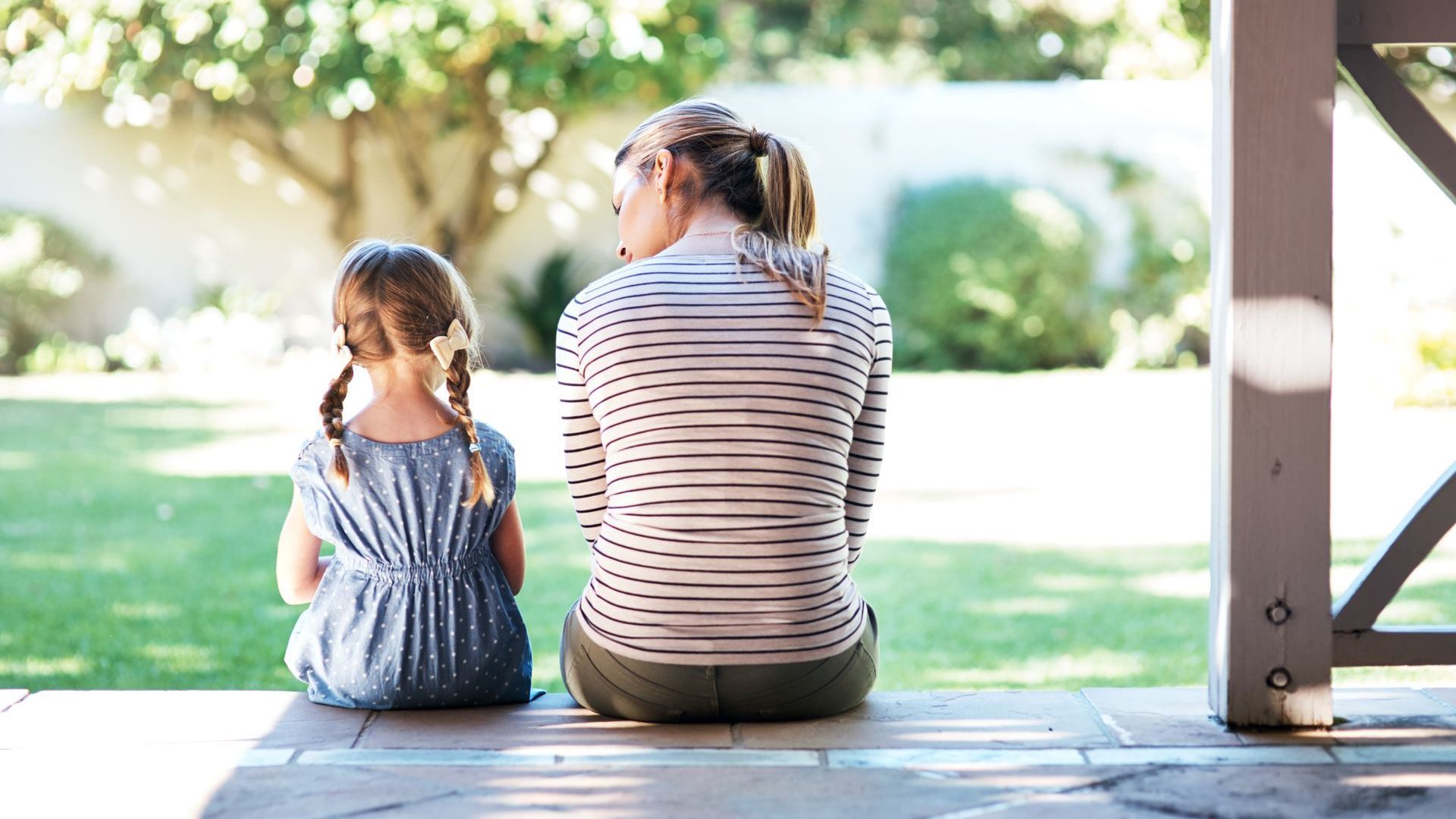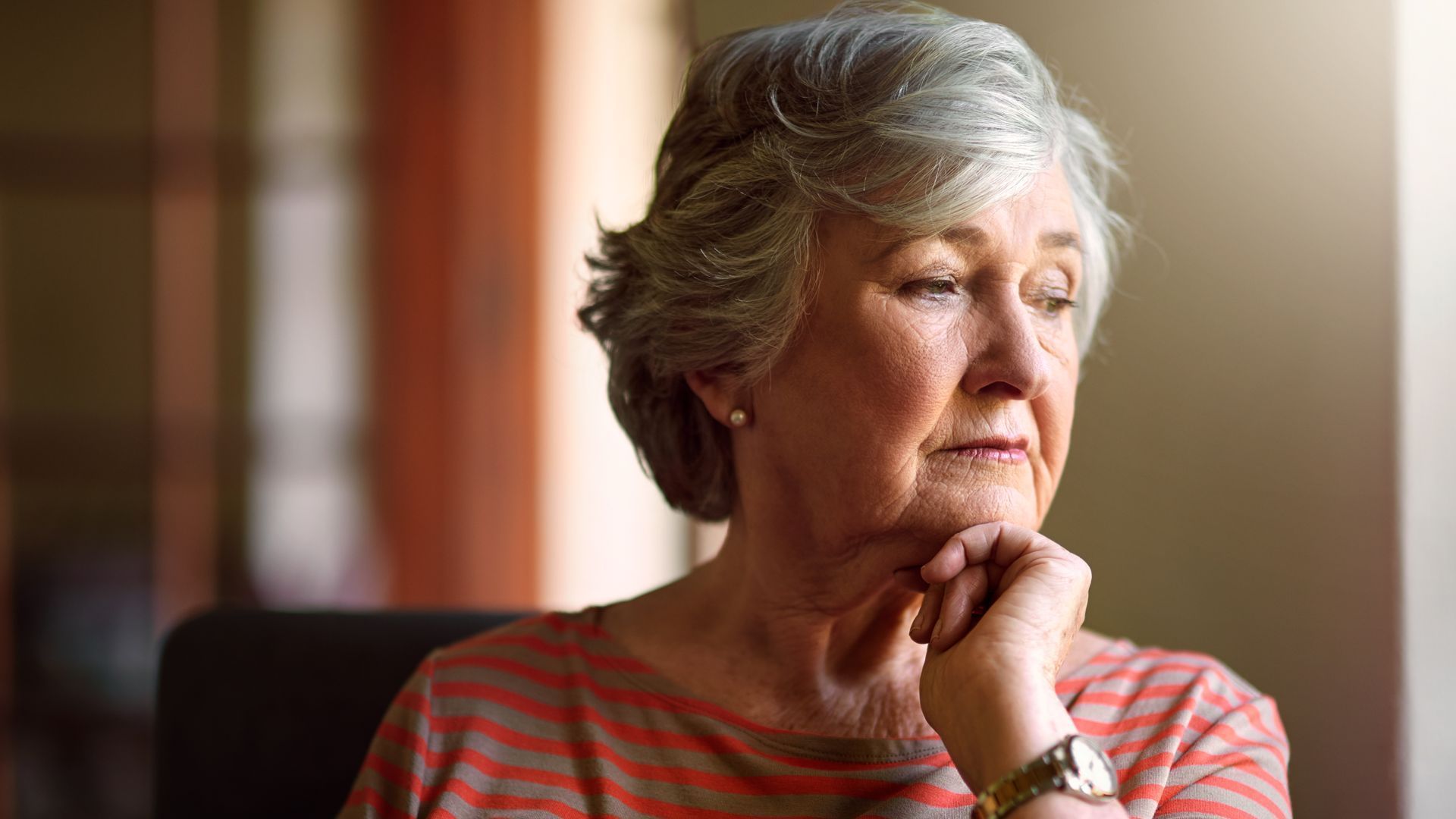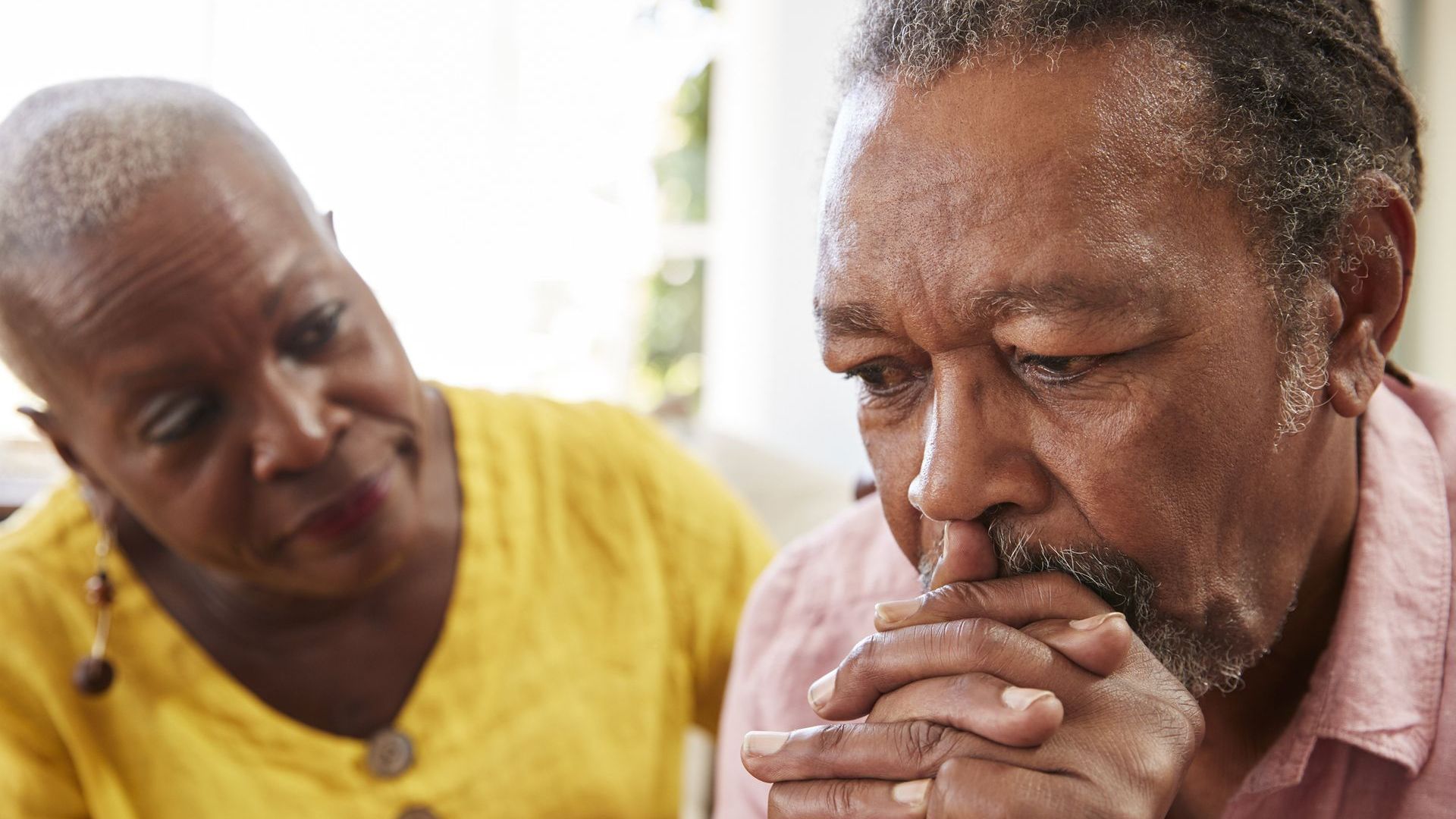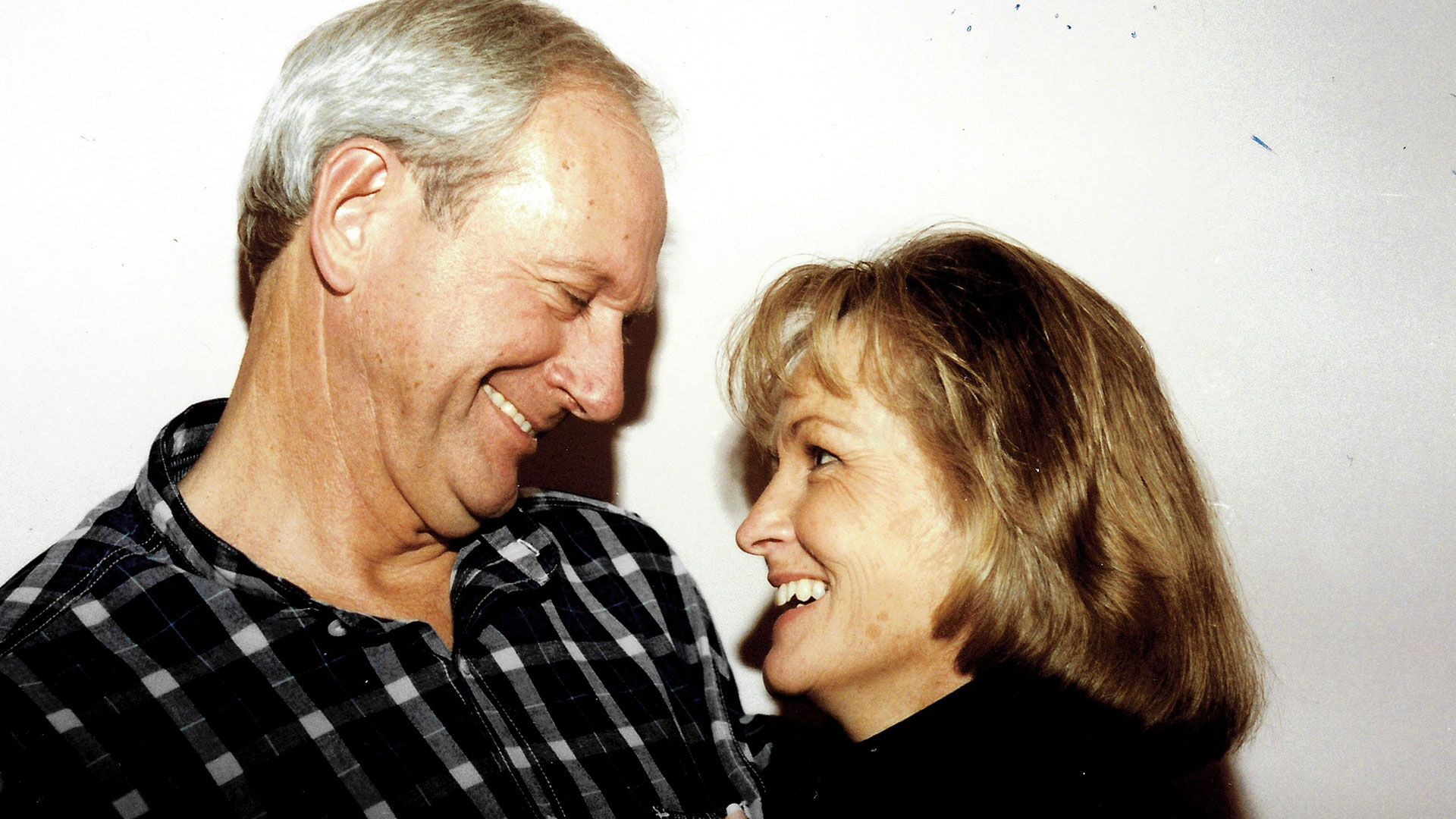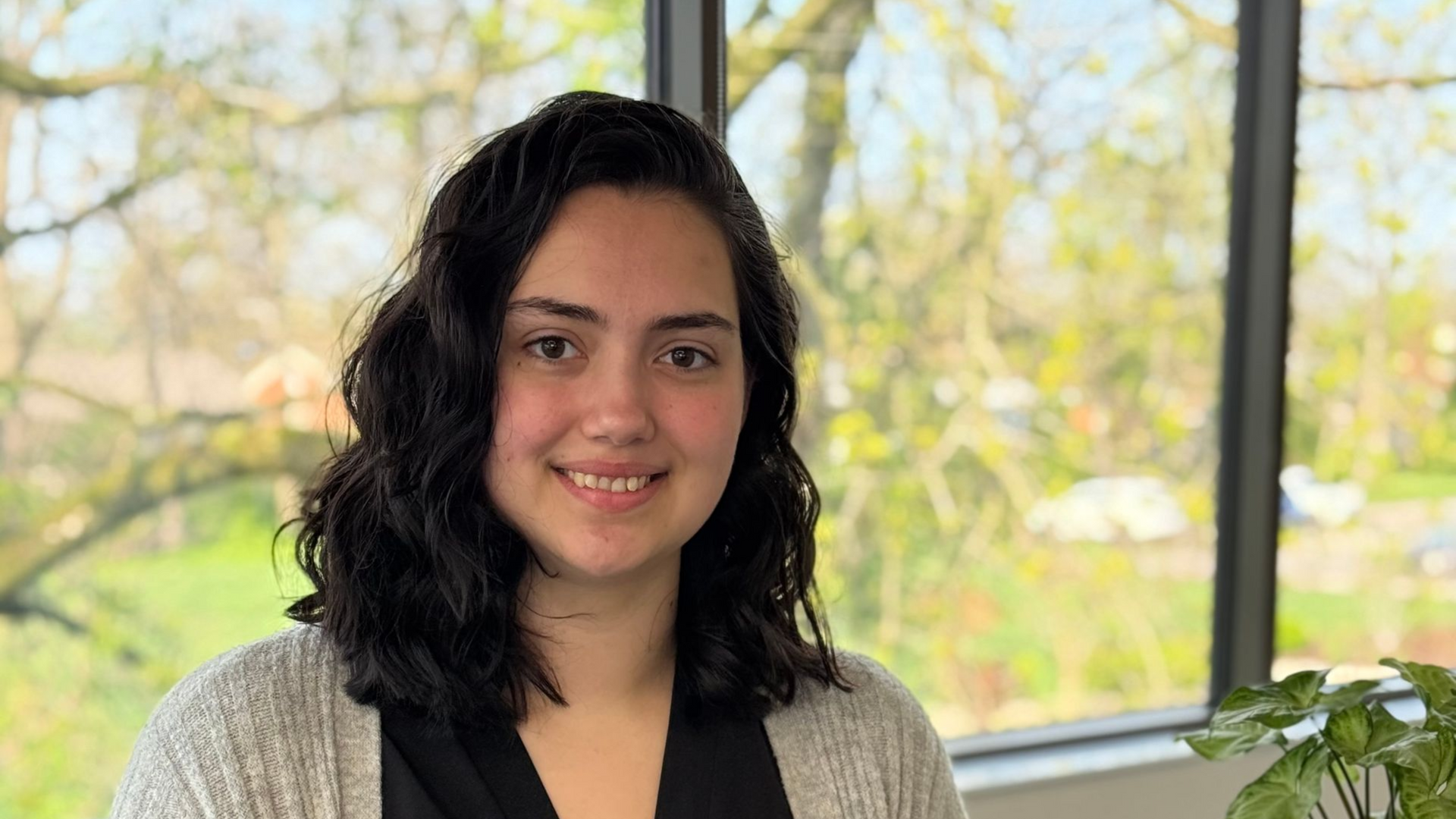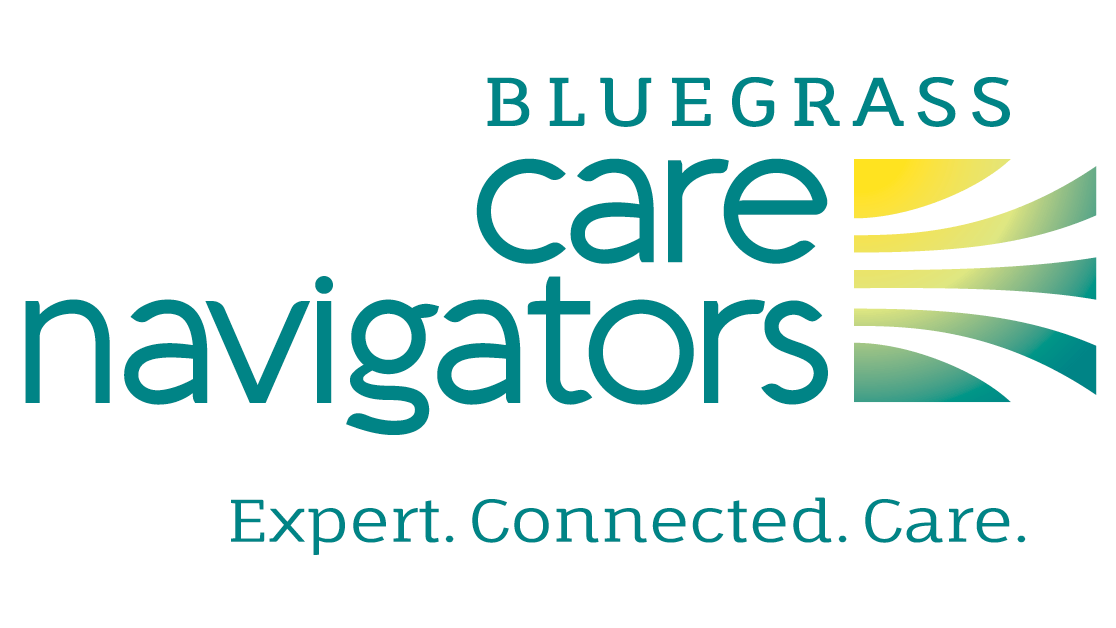Hospice Nurse Shares Impact of COVID-19 On Patients And Families
Cheri Bentley has been a nurse for 24 years, and for the past 12 years she has worked for hospice in a variety of settings – nursing homes, private homes, assisted living facilities, as well as hospitals. The past year has been one of the most challenging her career as she provided compassionate care to patients dying from COVID-19.
“The biggest struggle I’ve had as a hospice nurse is the struggle with wanting to help families say goodbye and increasing my own risk of exposure,” said Cheri. “I found myself having a strong ethical commitment as a hospice nurse to support those families and our nursing home partners, and facilitate those conversations, even though there is a heaviness and risk.”
Because of nursing home restrictions or relatives’ fears about visiting, Bluegrass Care Navigators team members sometimes find themselves substituting for family members. “During COVID, visitation has been difficult. I found myself in the middle of families and patients, trying to be that go-between person to have end of life conversations, help make decisions about care, make decisions about COVID treatments or just continue comfort care. It’s a heavy role. Sometimes we are really the only people there for patients.”
And even with some facilities allowing visitation now, Cheri feels that the process of patients and families saying goodbye is still impacted. “Even with some visits allowed now, most times they have to take place across the room, not touching and wearing PPE,” Cheri said.
“I think what a lot of people forget about the goodbye process is that sometimes it’s a very nonverbal experience. We think about all of the things we want to say, but all of the nonverbal experiences are lost. You can’t hold their hand, stroke their face, lay beside them or see the expressions on their faces.”
The U.S. COVID-19 death toll has now reached 500,000, with an average of 2,000 lives lost every day. The scale of the death toll is hard to fathom; it sounds like a large number and difficult to put into perspective. “We’ve been focused on numbers, but it takes away a reality, because it’s not our neighbor or family, it’s just another number,” Cheri said. “COVID was very scary and dangerous at first, but as time has gone on, it feels like people think that if it is not affecting me, then it’s not a real problem.”
The challenges of COVID-19 comprise a perfect storm of particularly frustrating obstacles for hospice care professionals and the patients and families they serve. “The reality is that we have many months ahead in this heaviness of COVID and the day to day realities,” said Cheri.
However, Cheri has figured out ways to cope during these trying times. “I have to be conscious of turning off the TV, not looking at my phone, disengaging and not dwelling on it. Separating myself from social media and the news, spending more time outside than I ever have,” Cheri said. “My faith more than anything has rooted me and given me joy. We’ve had a lot of support from our chaplains on our care teams, and our organization has helped support us.”
